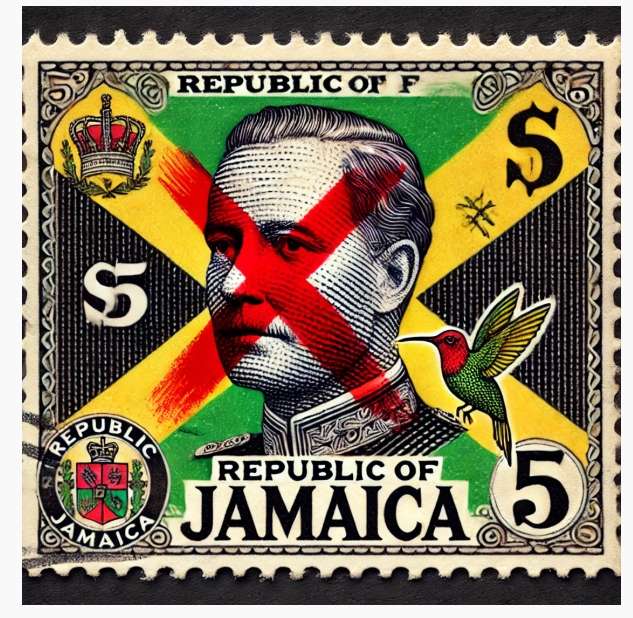Jamaica’s Potential Transition to Republic Status by 2025
Jamaica’s journey towards becoming a republic represents a significant turning point in its history, a move that seeks to redefine the nation’s identity and sever its remaining constitutional ties with the British monarchy. This transition, if successful, will replace the British monarch as head of state with a Jamaican president, symbolizing a complete embrace of national sovereignty and self-determination. The process, spearheaded by Prime Minister Andrew Holness’s government, involves a series of carefully orchestrated steps, including constitutional amendments, parliamentary debates, public education campaigns, and ultimately, a national referendum to seal the decision. The envisioned timeline aims for completion before the next general election, highlighting the urgency and priority attached to this transformative endeavor.
Central to this process is the Constitutional Reform Committee (CRC), a 14-member body established in March 2023 to guide the transition. The CRC’s mandate includes reviewing past recommendations on constitutional reform, deliberating on the role and responsibilities of a Jamaican president, fostering bipartisan cooperation on this crucial issue, and educating the public about the implications of becoming a republic. This comprehensive approach seeks to ensure a smooth and informed transition, addressing potential concerns and fostering a sense of national unity around this significant constitutional shift. The CRC’s work lays the groundwork for the legislative process and the subsequent referendum, ensuring a well-defined framework for the proposed changes.
The legal framework for the transition is embodied in the Constitution (Amendment) Republic Act 2024, introduced in December 2024. This pivotal piece of legislation aims to formally remove King Charles III as Jamaica’s head of state and pave the way for the establishment of the presidency. The bill’s second reading, scheduled for March 2025, will mark the beginning of intensive parliamentary debates and wider public discussions, providing a platform for diverse perspectives on this historical change. The outcome of these deliberations will significantly influence the final shape of the proposed constitutional amendments and their eventual presentation to the Jamaican people.
The ultimate decision on whether Jamaica becomes a republic rests with the people. Following parliamentary approval of the constitutional amendments, a national referendum is slated for late 2024 or early 2025. This referendum will provide a direct and democratic avenue for Jamaicans to express their views on this fundamental change to their nation’s governance. The government’s objective to complete the transition before the next general election underscores the significance of this referendum and its potential impact on the country’s political landscape. The outcome will definitively shape Jamaica’s constitutional future, either solidifying its ties with the monarchy or ushering in a new era of complete independence.
Public opinion on transitioning to a republic has fluctuated over the years. Polls conducted between 2012 and 2023 reveal varying levels of support, ranging from 45% to 59%. A significant portion of the population remains undecided or opposed to the change, highlighting the need for robust public education efforts to address concerns and clarify the implications of becoming a republic. As the referendum approaches, these efforts become crucial in ensuring an informed electorate capable of making a well-considered decision about Jamaica’s future governance. The success of the transition hinges not only on the legislative process but also on the people’s understanding and acceptance of the proposed changes.
Jamaica’s pursuit of republican status reflects a broader trend within the Caribbean region towards reducing ties with the British monarchy and asserting greater national identity. Several Caribbean nations are reevaluating their constitutional relationships with the Crown, with some, like Barbados, having already transitioned to republics. Belize, for instance, has decided to replace the monarch’s image on its currency with national heroes, further emphasizing this regional shift towards prioritizing national symbols and historical figures. Jamaica’s journey towards becoming a republic aligns with this regional movement towards greater autonomy and self-representation, signaling a desire to reshape national identity and forge a distinct path forward. The coming months will be critical in determining whether Jamaica joins this growing number of Caribbean republics, charting a new course for its constitutional future.
Share this content:












Post Comment